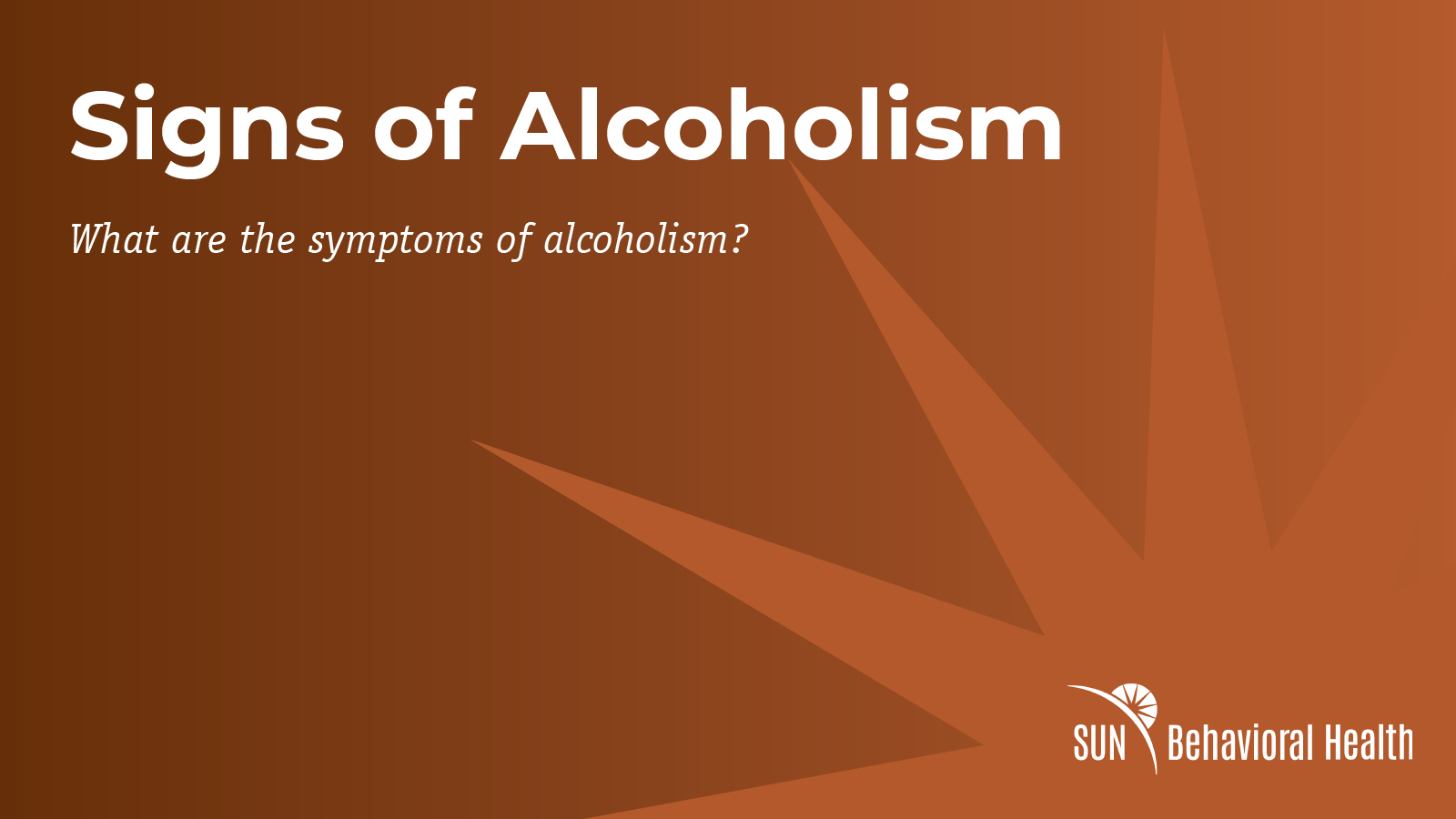Services
- Home
- Mental Health Services
- Who We Treat
- How We Treat
- Patients & Visitors
- About
close

After a long week of working grueling hours, it is normal to want to reach for a drink to wash away the stresses and worries of life. One or two drinks on Friday and maybe Saturday helps you reset and recharge for the next crazy week. Soon, you can’t wait until Friday so maybe you start having some drinks on Wednesday to get you by. Before you know it, you are drinking every day after work. What is the big deal? You work hard and provide for your household, a few drinks every night aren’t affecting anything.
Soon you start to notice it is taking more alcohol to get you where you want to be. In the mornings you wake up shaky and fatigued, like you haven’t slept at all. Your spouse begins to question why so much money is being spent on alcohol each week or why you can’t go out with friends without a couple of shots of alcohol. You are having trouble remembering the night before and are at the point that putting alcohol in your coffee is a good idea before work.
These are telltale signs of alcoholism. They can develop without notice and go on for long periods of time. Not every person will have the exact same scenario. SUN Behavioral Health Houston has a full spectrum of treatment for alcoholism and a tailored program for each individual.
Signs of alcoholism are all around but it takes realization in order to recognize what is going on. Some common signs include:
There is no set timeline for these signs to appear. There are four stages of alcoholism and the person could be further in than you suspect. If ever you suspect a loved one is managing alcohol addiction, don’t hesitate to reach out for help.

When alcohol enters the body, it is absorbed directly by the stomach and small intestine linings. This is where it enters the bloodstream and is distributed throughout the body. The first organ affected is the brain. The full effects of alcohol can be felt in about 15-45 minutes after consumption. While alcohol can cause euphoric effects on the brain, it can cause a lot more damage to the rest of the body. Let’s take a look at some of the effects of long-term alcohol misuse.
The most common mental signs of alcohol misuse include:
Another key mental sign is having blackouts. When too much alcohol is consumed in one sitting, it can block the receptors in the brain that transfer short-term memories to long-term. Sometimes memories are “spotty,” meaning some events of the night can be recalled with patches missing in between. A complete amnesiac state, called “en bloc blackout,” means that no memory of the night can be recalled and most likely never will. Almost like the night never happened.
A common occurrence with alcohol misuse is social distress. Friendships, relationships, and work performance can all feel strained when alcohol becomes more important. Isolation is one of the most common social side effects of heavy drinking.
The most common physical signs of alcohol misuse in short-term include:
These can progress the longer the person is continuing to misuse. Hallucinations and seizures are seen when the person stops drinking abruptly or goes too long without alcohol in their system.
More chronic physical symptoms of alcohol addiction include:
Over time, alcohol misuse can cause brain damage and affect speech and motor skills. If treatment is not sought, these can become permanent.

In Texas, there has been a slight decline in heavy drinking in 2021. The average was reported at 17.7% which was slightly higher than the total United States at 17.3%. However, the amount of alcohol-related deaths increased in Harris County in 2020. According to the Harris County Institute of Forensic Sciences, an increase of 36% was seen in alcohol-related deaths than the previous year.
According to Texas for Safe and Drug-Free Youth, 52% of teens between 7th and 12th grade have used alcohol at some point in their life. Of those, 29% said they have consumed alcohol in the past month. When asked how easy it is to access alcohol, two-thirds of students reported it is very easy to obtain.
Binge drinking statistics are staggering. In 2018, it was reported that 24% of high school seniors currently participated in binge drinking in the last month. Binge drinking in teens increases the risk of developing alcohol use disorder and causing harm later in life.
According to the 2019 National Survey on Drug Use and Health, an estimated 414,000 adolescents ages 12 to 17 had AUD in the United States.
Living with alcoholism can have negative effects on your life. Thankfully, these do not have to be permanent. At SUN Behavioral Health Houston, we have a full program for alcohol use disorder. Our staff ensures the safety and well-being of all of our patients, from detox through aftercare.
Alcohol Detox: Detoxing helps the body readjust to not having alcohol in the system. When alcohol is consumed on a regular basis, the brain and other organs become used to it. When alcohol is taken away, it can take time for the body to recover, but this process is very important to healing and long-term recovery. The detox program is medically supervised and our staff is trained in medication management as well. Our team meets with each patient to decide what unique treatment plan is right for them after detox.
Inpatient: Our alcohol rehab patients stay at our treatment center 24/7 and participate in group and individual therapy. We create an individualized treatment course that can include dual diagnosis with mental health conditions as well as wellness techniques to create healthy habits.
Outpatient: For our patients transitioning out of inpatient care or for those who do not need as much support as an inpatient stay. The patients come to our facility to receive therapy, medication management, and support throughout the day, 5 days per week. They do not stay onsite overnight; they are free to go home and then come back the next day.
If you or someone you love is showing signs of alcoholism, there is no better time than now to seek help. SUN Behavioral Health Houston is here to provide a full spectrum of care to help you get your life back on track. Call us today at 713-796-2273 to ask any questions about our program.
Common symptoms of alcoholism include anxiety, depression, gastrointestinal issues, shaking, irritability, restlessness, insomnia, and health issues such as liver disease or cancer.
You can ask any admission staff member to check with your insurance company, before admission, what your benefits are and what co-insurance and/or co-pays for which you will be responsible. Your final cost of care is based on your individual insurance and will vary based on your plan, coinsurance, and deductible.
Some warning signs your loved one is drinking too much include losing interest in hobbies or activities, hiding how much they are drinking, decreased performance at school or work, or needing to drink more to feel the effects.